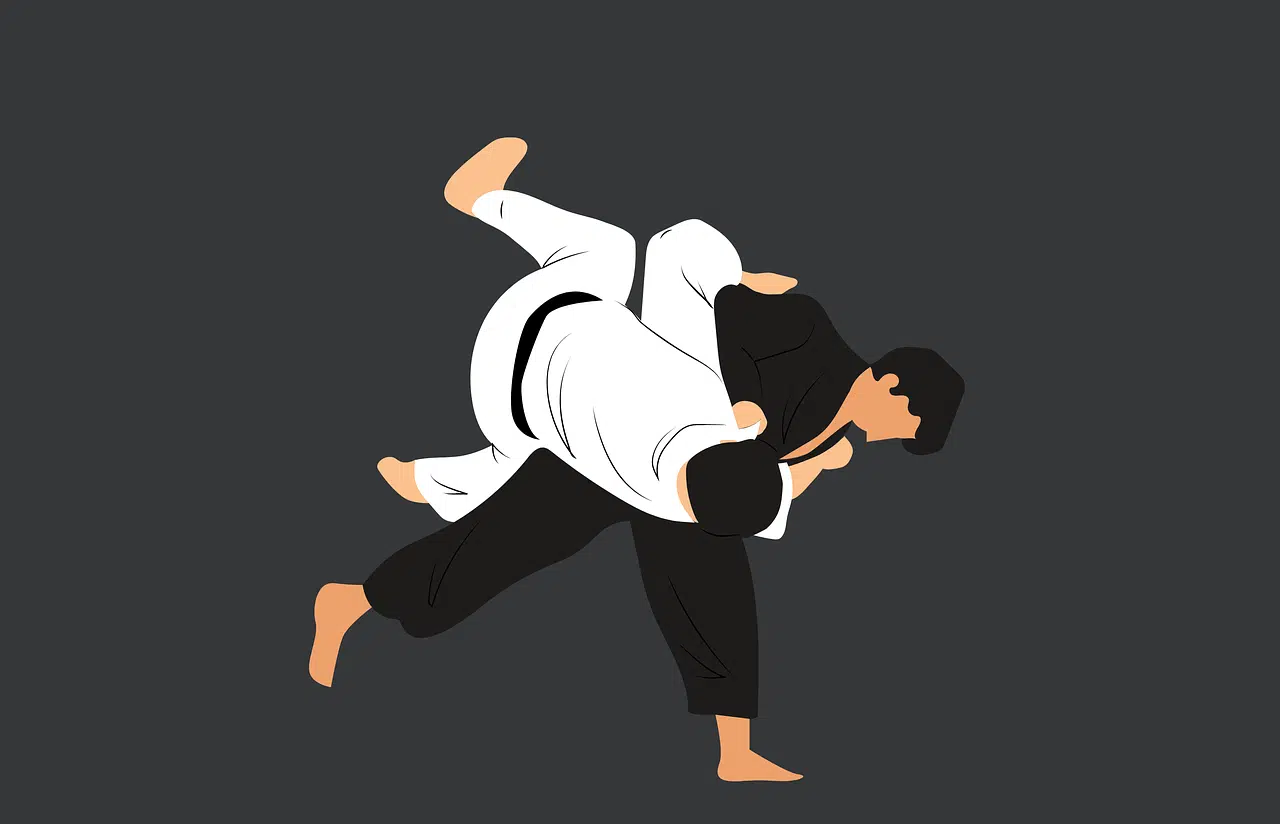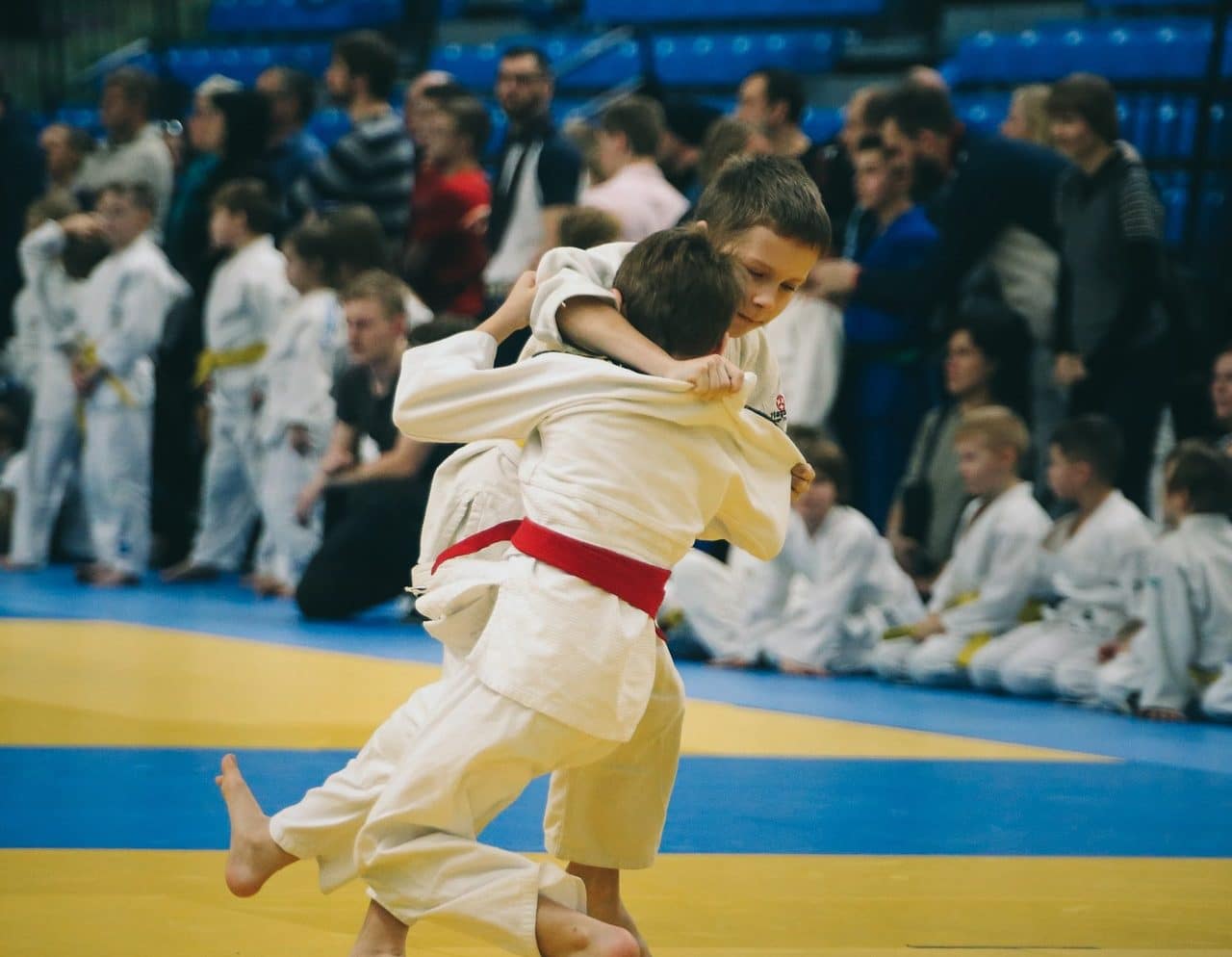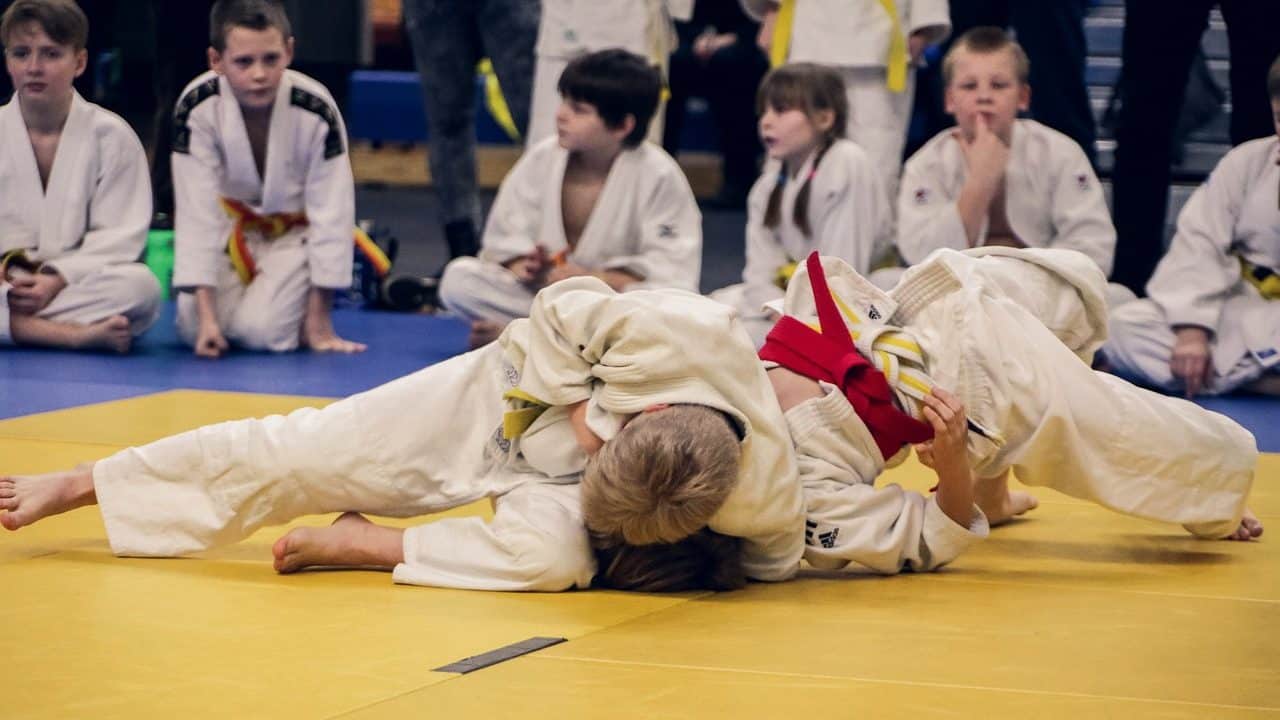
Judo is among the most popular martial arts along with karate, taekwondo and kung fu.
Judo is a martial art that is based on the application of holds as a defense mechanism. Also mentioned as judo , it is a sports discipline and a fighting system.
In judo, the mission is to throw the opponent to the ground or achieve his hold for a certain time. Submissions, grabs and takedowns allow you to score points and, in this way, win the fight .
history of judo
The history of judo dates back to 1882 . In that year, Kano Jigoro (founder of judo) relied on ancient combat tactics and techniques that were used by samurai to devise a new discipline.
Also mentioned as Kanō Jigorō or Jigorō Kanō , this Japanese master focused on non-resistance to achieve the cancellation of the rival's effort, optimize energy expenditure and promote the maintenance of balance . With judo, he created a method of self-defense and a form of physical education that also became a sport.
What Kano did was take resources from hand-to-hand combat schools that had a presence in Japan since medieval times and then adapted them to transfer them to a sporting environment without there being a high risk of injury. By establishing the Kodokan Institute (original school of judo), he considered that he was promoting a modern form of jiu-jitsu , one of the martial arts that emerged in Japanese territory like karate and aikido .
Over time, the creation of Kano was enhanced with the contributions of Mifune Kyuzo ( Kyuzo Mifune or Kyūzō Mifune ). This man also had a great role in the international dissemination of judo.

The arm techniques in judo are known as te waza.
Its characteristics
The so-called non-resistance is the most important technical precept of judo. He who practices judo, known as a judoka or judoka , must take advantage of his opponent's strength to gain an advantage.
Presenting resistance , in this framework, is inconvenient. The key to judo lies in accepting situations to modify them in one's favor: that is why self-control is very important. The judoka must maintain his stance and adapt to constant changes until he can exploit circumstances to his own advantage.
With the practice of judo, coordination, laterality , perspective and spatial location are developed. In addition, general physical conditioning is achieved thanks to actions such as dragging, pushing, rolling and pulling.
Benefits of judo
Judo provides multiple benefits to athletes. Discipline leads to exercising all the muscles, increasing elasticity and muscle mass .
It also improves cardiovascular capacity , helps correct growth disorders (such as scoliosis and flat feet), regulates endocrine functioning and contributes to the growth of lung ventilation volume.
On a psychological level, judo contributes to strengthening self-esteem and reducing aggressiveness. In the case of children, it helps treat hyperactivity and develops empathy.

Hadaka jime, kata ha jime, okuri eri jime and koshi jime are choke moves in judo.
Main concepts
In the field of judo, Japanese terms are frequently used that must be understood to begin and develop in the discipline. Among the main concepts we can name the following:
- Dan : Rank in the graduation scheme. They are linked to the kyu (stage) and the color of the belt (black belt, white belt, blue belt, etc.) in the evolution as a judoka.
- Dojo : The place where martial arts are practiced.
- Ippon : Allows you to refer to a point.
- Judogi : The kimono or judogi is the clothing used in this sport.
- Kata : Series of movements.
- Kuzushi : Refers to efficiency in the use of force.
- Randori : Free practice.
- Sensei : Master.
- Tatami : The mat on which you fight.
- Uke : The one who receives the technique.
competitive judo
In competitive judo it is possible to achieve victory in different ways. When the opponent is knocked onto his back ( tachi waza ), a direct ippon is generated. If the fall is not perfect on the back, the fight continues on the ground ( ne waza ), and immobilizations, dislocations, twists or strangulations may be applied.
The confrontation, in this way, can also be won by points or by the disqualification of the opponent. Regarding scoring, the ippon is the full point that defines the fight, while the waza ari is equivalent to half a point. Therefore, two waza ari end the confrontation.
Penalties, meanwhile, can be slight (a shido ) or involve disqualification ( hansoku make ).
It should be noted that the rules of the sport are established by the International Judo Federation , which organizes the World Judo Championships . Since Tokyo '64 , judo has also been present in the Olympic Games , although it was absent in Mexico '68 .
There is also Paralympic judo for visually impaired judokas. Its premiere took place in Seoul '88 .
In the men's branch, Frenchman Teddy Riner is the winningest judoka at the Olympic Games , accumulating five medals (three gold and two bronze). Among the women, the Japanese Ryoko Tani stands out, also with five medals (two gold, two silver and one bronze).
